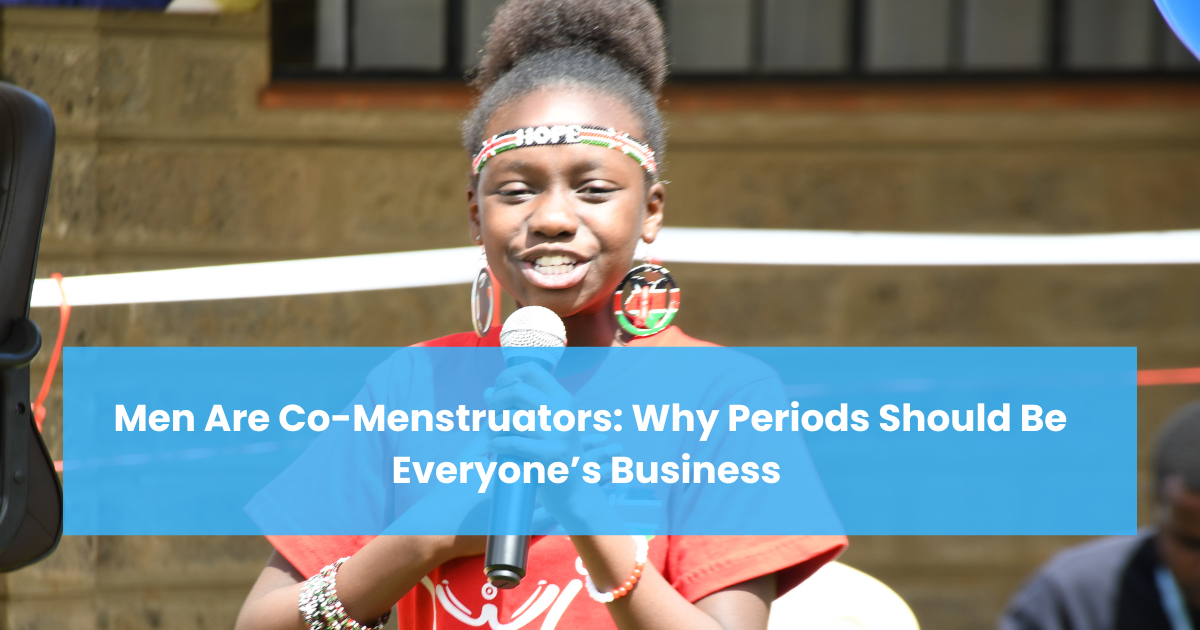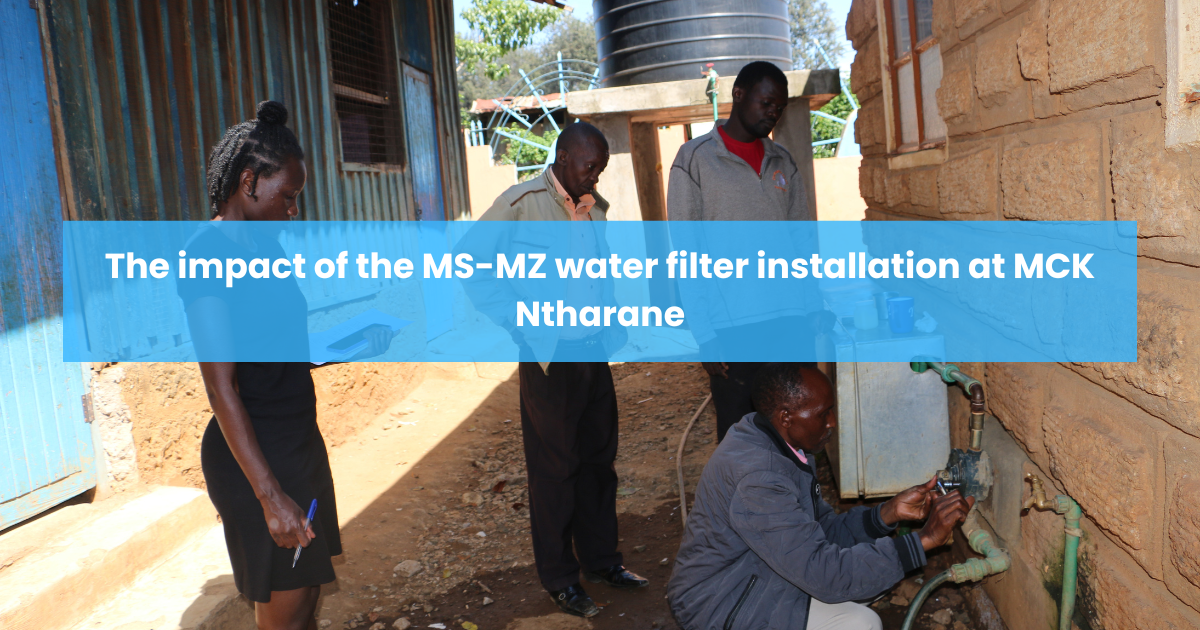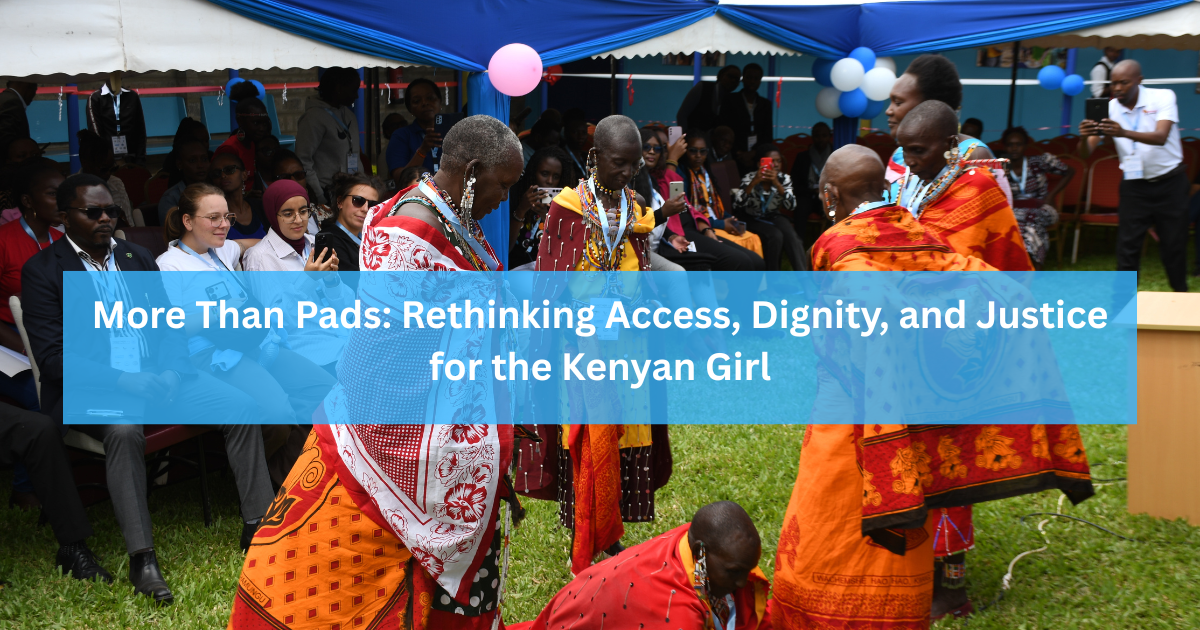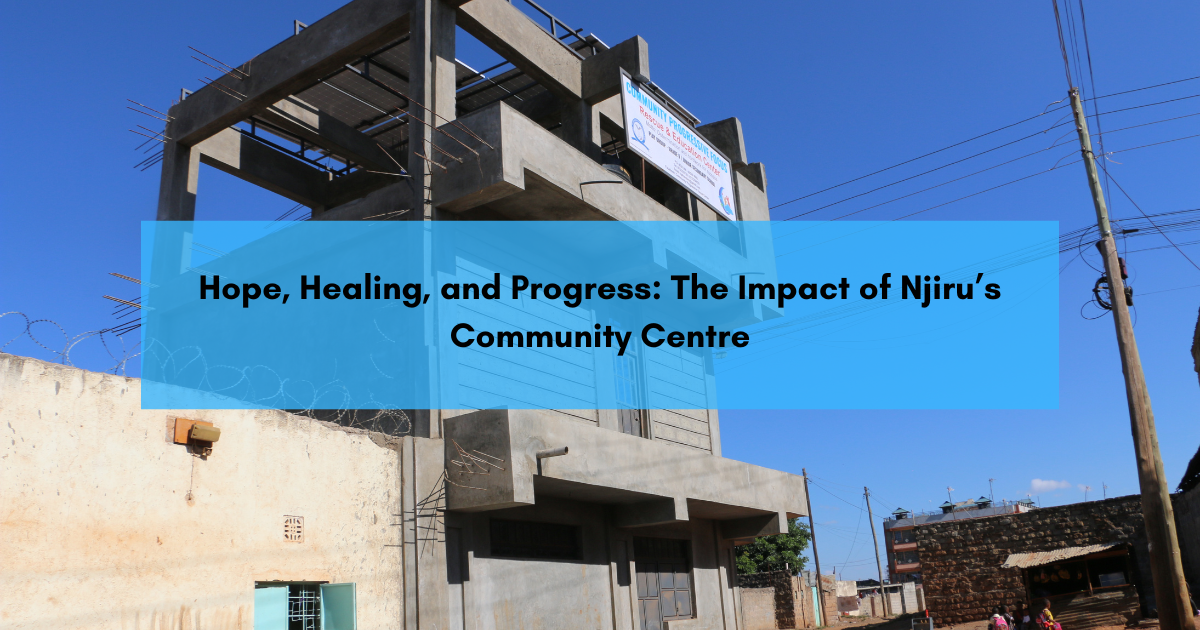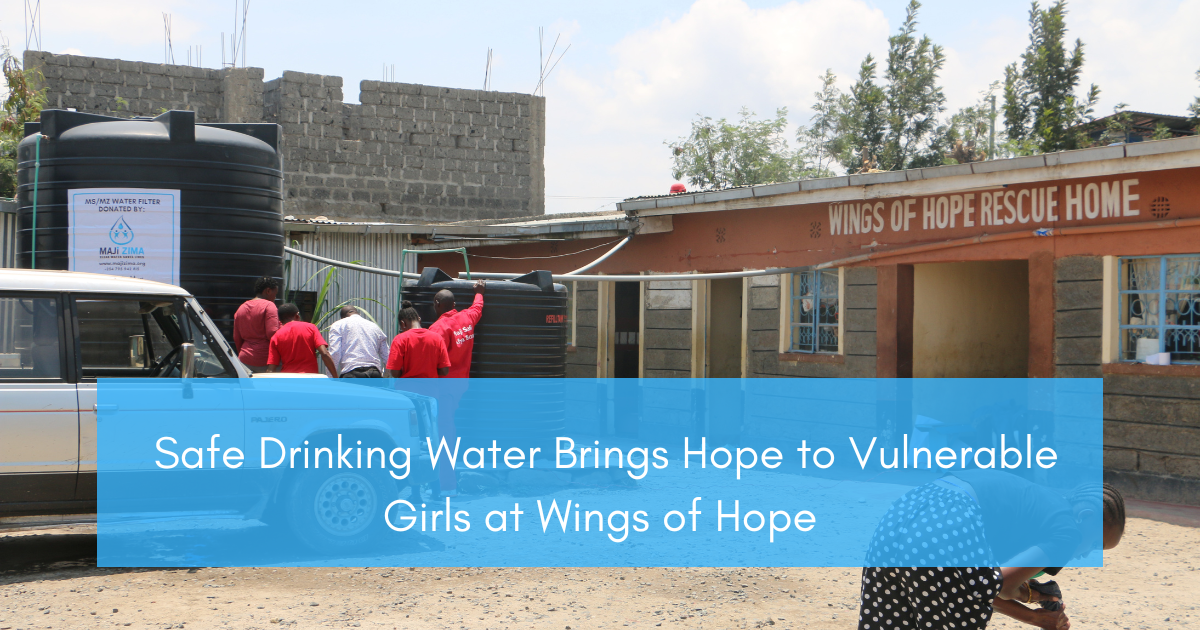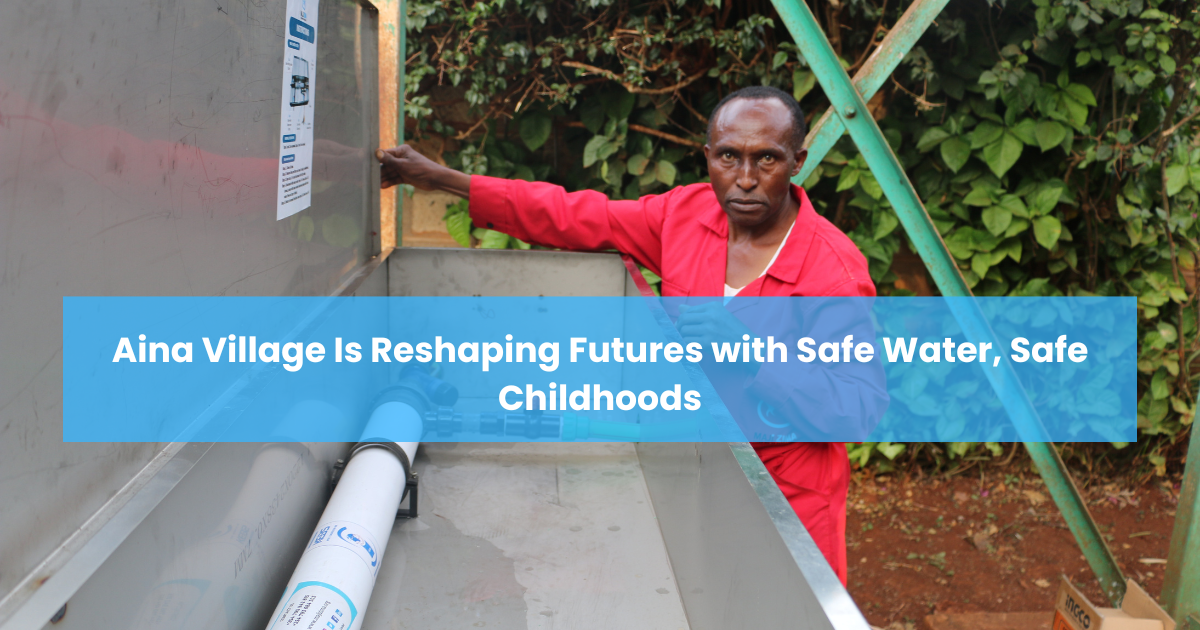
For generations, menstruation has been treated as a private, “women-only” topic whispered about behind closed doors, hidden in shame, and rarely addressed in the public space. But menstruation is not just a woman’s issue. It’s a societal one. It impacts families, schools, workplaces, policy, and public health. If we truly care about the well-being, dignity, and rights of girls and women, we must expand the circle of responsibility. We must say it boldly: men are co-menstruators.
This does not mean that men bleed. It means they live in homes with girls and women, they raise daughters, they make policies, teach in schools, construct buildings, and shape culture. Their awareness, involvement, and compassion can either support or sabotage the efforts toward menstrual dignity. And now more than ever, we need their support.
Normalise the Conversation at Home
The role of men starts at home. A father should not feel awkward talking to his daughter about her period. It should not feel strange for a brother to understand what pads are and why they’re essential. Many men raise girls as single fathers, uncles, or grandparents, and must be equipped with both the knowledge and the emotional sensitivity to respond to their menstrual needs with dignity. When menstruation becomes a normal topic of conversation in the home, we empower girls to speak up, ask for help, and feel seen. Silence, on the other hand, isolates them.
Teach Them Together, Not Apart
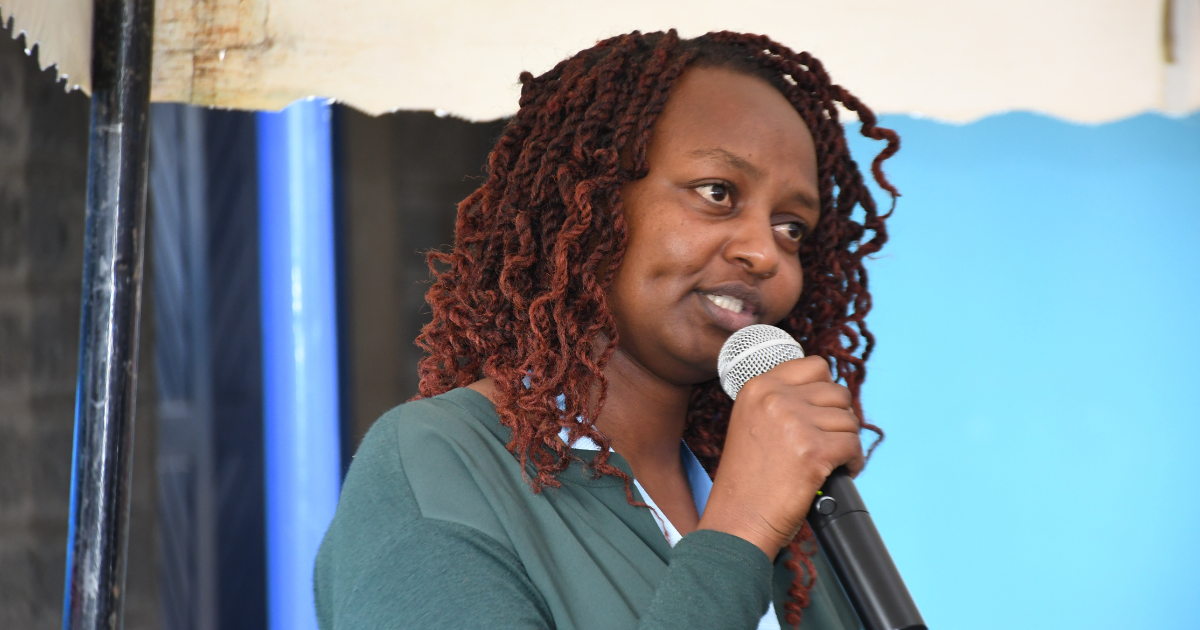
We need to keep boys in the room. Success looks like a boy confidently demonstrating how to fix a pad onto a panty, not for mockery, but as a sign of understanding and respect. When boys are educated, they grow into men who support, not shame. And that changes everything.
Create Safe, Informed Spaces
Teachers play a critical role in shaping the minds of young people, and that includes how they perceive menstruation. Both male and female teachers should be trained and encouraged to address menstrual health without discomfort. Every school should be a safe space where a girl doesn’t have to whisper her needs or miss class because of her period. Life skills education should include menstrual health for both genders. Boys should not just be informed, they should be invited to participate, empathise, and support.
Infrastructure and Sanitation
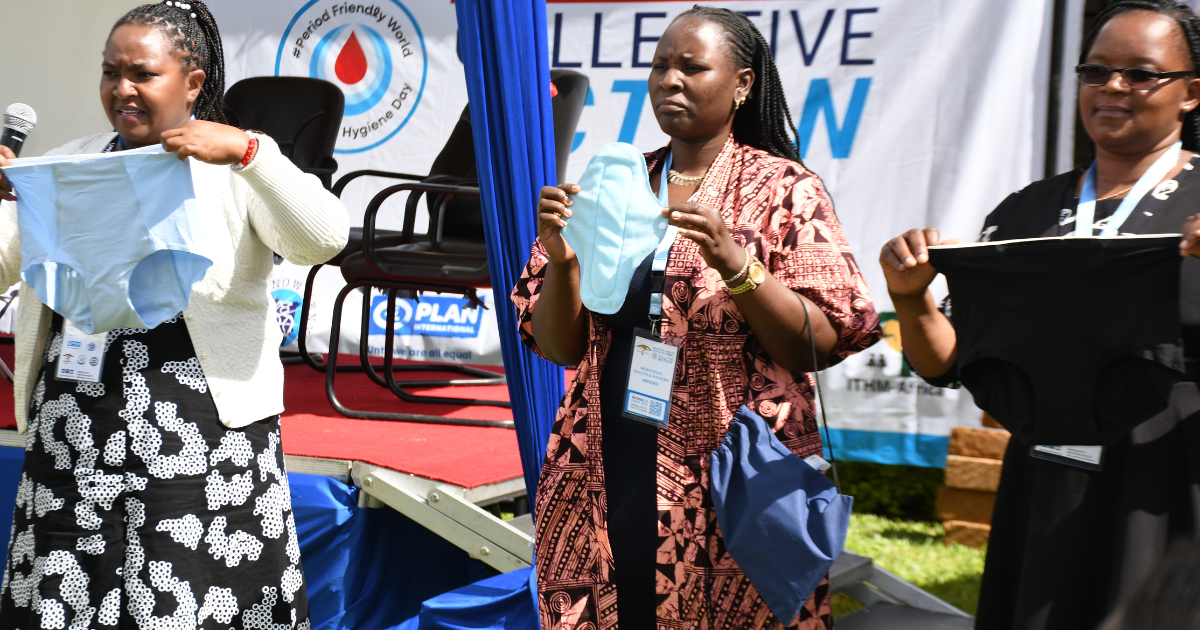
Would you let your daughter use that bathroom during her period? If not, it’s not good enough. Men who understand period design better spaces, and that means better outcomes for girls.
Be Loud, Be Bold, Be First
Chiefs, pastors, imams, and youth leaders, your words carry weight. Use them to break the silence. Too many girls suffer in shame, isolation, or silence because their community treats menstruation as taboo. Periods are not a sin. They are not dirty. They are not shameful. They are normal. It is our duty as leaders to say so publicly, loudly, and consistently.
Start conversations in barazas. Speak during Sunday sermons. Create forums where young people can ask questions and receive answers. When community leaders speak, the culture begins to shift.
Policy Makers and Budget Holders should Fund the Girl Child
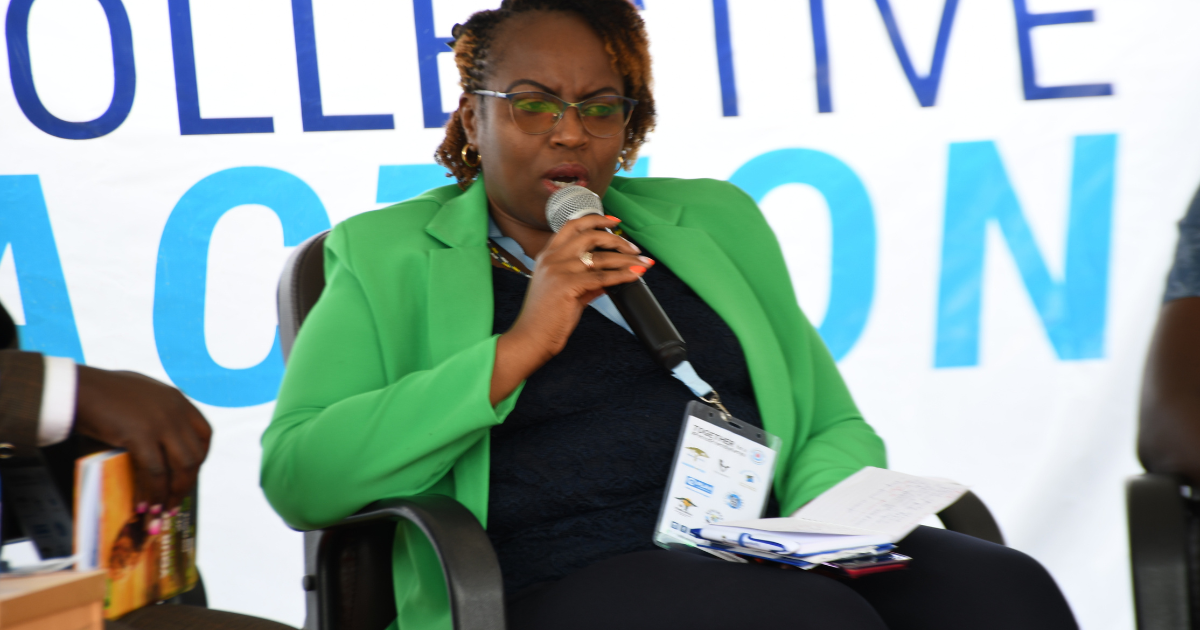
We have laws. But we also have a culture of ignoring them. Girls are defiled, silenced, and neglected while perpetrators go unpunished. When lawmakers, many of whom are men, choose money over safety, silence over justice, they fail our daughters.
The girl child must be visible in our policies, our budgets, and our development plans. Anything less is betrayal.
Harness the Power of Digital Advocacy
We live in a digital age, and today’s youth, especially Gen Z, are speaking out. They are using social media to challenge taboos, call for justice, and educate their peers. We must support and amplify this. Let’s use digital platforms to share accurate, empowering content about periods. Let’s encourage boys and girls to co-create awareness campaigns. Let’s ensure that what goes viral is truth, not shame, not silence.
What Does True Inclusion Look Like?
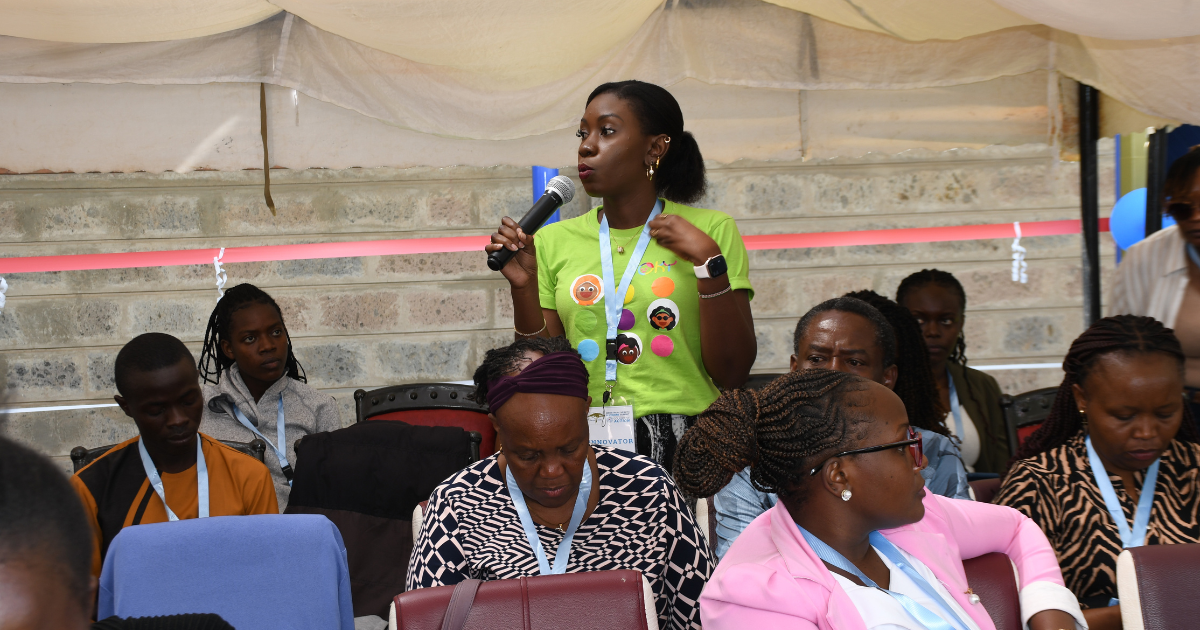
It looks like: A father buying pads without shame. A male teacher speaking openly about menstruation. A community leader is hosting a menstrual health forum. A schoolboy defending a girl from period shaming. Lawmakers are budgeting for free sanitary towels in every school. Grandparents speaking wisdom and truth about periods to their grandchildren. NGOs and churches are partnering to reach families with education and products.
Men are not outsiders in the menstrual health conversation. They are part of the solution. When we include them, empower them, and educate them, we change the story for every girl. Because menstruation is not just about bleeding, it’s about dignity, and dignity must never be optional.
